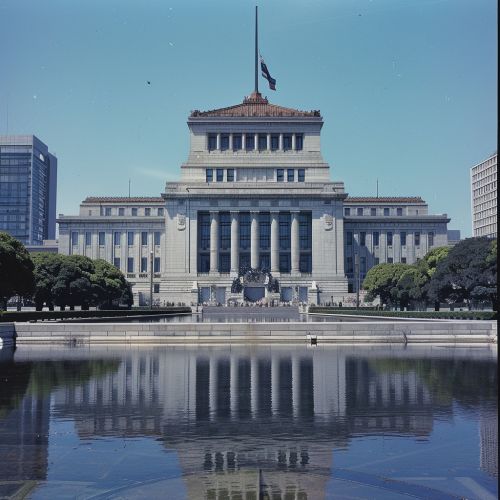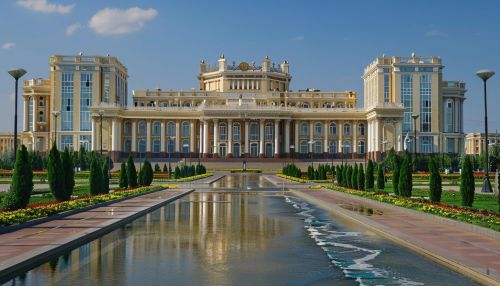Bloodless coup
Overview
A bloodless coup, also known as a peaceful coup, is a coup d'état where power is seized without the use of violence. Such events are characterized by the peaceful overthrow of an existing government and the assumption of power by another entity, typically the military or a political faction. The term "bloodless" is used to denote the absence of violent confrontation or physical conflict during the transition of power.
Historical Context
Bloodless coups have been a part of global history, occurring in various nations and under different political systems. They are often the result of dissatisfaction with the existing regime, whether due to perceived corruption, economic instability, or political oppression. The coup plotters typically aim to seize power swiftly and without bloodshed, thereby minimizing potential resistance and public outcry.


Mechanisms of a Bloodless Coup
The execution of a bloodless coup requires careful planning and strategic maneuvering. The coup plotters must secure the loyalty of key institutions, such as the military, police, and bureaucracy. This is often achieved through a combination of persuasion, coercion, and the promise of political or economic gain.
Once these key institutions are secured, the plotters can proceed to seize control of other critical state apparatuses, such as the media, telecommunications, and transportation infrastructure. This allows them to control the flow of information and restrict the movement of potential opponents.
The final stage of a bloodless coup involves the formal assumption of power. This can take various forms, such as the installation of a new president or prime minister, the proclamation of a new government, or the implementation of a new constitution.
Notable Examples
Several notable examples of bloodless coups can be found throughout history. These include the Glorious Revolution in England in 1688, the Carnation Revolution in Portugal in 1974, and the People Power Revolution in the Philippines in 1986. Each of these events resulted in significant political change without the use of violence.
Implications and Consequences
The implications of a bloodless coup can vary greatly depending on the specific circumstances. In some cases, a bloodless coup can lead to positive change, such as the establishment of a more democratic government or the end of a corrupt regime. In other cases, however, a bloodless coup can result in the consolidation of power by a new authoritarian regime.
The consequences of a bloodless coup can also extend beyond the immediate political sphere. For example, a bloodless coup can have significant economic impacts, such as market instability or changes in economic policy. It can also lead to changes in foreign relations, as other nations may choose to recognize or reject the new government.
Criticisms and Controversies
While bloodless coups are often seen as a preferable alternative to violent conflict, they are not without controversy. Critics argue that such coups can undermine democratic processes and institutions, and that they can set a dangerous precedent for the use of force in politics. Additionally, the term "bloodless" is often disputed, as these events can still result in significant harm, such as political repression, human rights abuses, and economic hardship.
